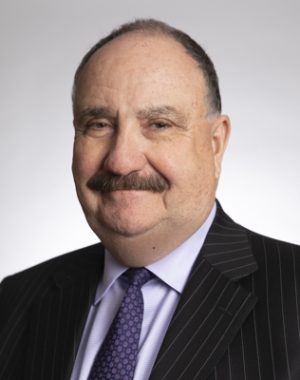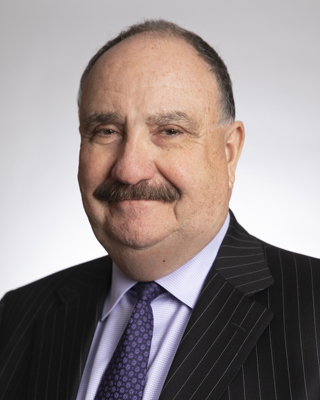Nielsen estimates that 84 million Americans watched the first Clinton/Trump presidential debate, a new all-time record audience. The interest in this election runs high with a level of anxiety to match, leaving Americans to worry about their future and their investments.
The best response is to stay with your plan. We are strong advocates for formal financial planning whereby we can reference your capital at work and your goal for present and future cash flow to design your optimal portfolio taking no more risk than necessary. It is not wise to upend your plan in response to disturbing events like this election. The US market and economy are not influenced as much by elections as you might think. The time to invest is never perfect, and there are times when you might be tempted to sell everything and head for the hills with your cash, but fear and emotion are not good investment managers. Earlier this year, financial editor and analyst Mark Hulbert wrote in Barron’s:
To bet that this time is different and that the right course of action is to go to cash or any other alternative asset class, such as bonds or gold, you have to bet that you will succeed when almost all professional market timers in the past have failed. That’s a triumph of hope over experience.
Election Prediction

Close up of the United States flagLast month, The Macro Research Board (MRB Partners), a source of private, independent global investment research, concluded that Clinton will win. Their resources for this conclusion are: state-bystate polling, statistical models, and Las Vegas betting odds. From the beginning, Clinton has enjoyed a head start due to the Electoral College structure. Trump has to swing many more states to his side than Clinton. The MRB Partners emphasize the critical outcomes of the House and Senate races, not just because of the separation of powers, but also because of the long-term
decline of bipartisanship resulting from gerrymandering by both parties favoring candidates with high ideological positions and extreme political biases.
On September 13, MRB Partners put the odds of a Clinton victory at 65% vs. 35% for Trump. The odds of a Democratic Senate and Republican House are reported to be 43% vs. only 20% for the House and Senate to both be controlled by one party. As of October 5, Nate Silver of FiveThirtyEight puts the odds of a Clinton victory at 76.2% vs. 23.8% for Trump. The significance of a divided Congress (Democratic Senate and Republican House) is that the House will be able to block radical changes in policy.
Stock Market Preference
In terms of stock market preference for policy, Clinton is favored in the areas of fiscal, monetary, trade, and economy. Regulatory policy is the only area where markets favor Trump according to MRB Partners. The non-partisan Urban-Brookings Tax Policy Center (TPC) estimates that federal debt would decline modestly under Clinton policies whereas the debt would increase
by 41% of gross domestic product under Trump. The bias toward upper-income groups in Trump’s tax reduction policy reduces the impact on consumer spending because the wealthy have a igher savings rate. Clinton’s plan to reduce taxes on lower and middle-income households would increase consumer spending because these groups have a higher propensity (and need) to spend additional cash flow. For the capital markets and the US dollar, Clinton’s fiscal policy is more favorable than Trump’s.
The MRB Partners warn that any significant weakening of the US commitment to free-trade and globalization would be negative for stocks, corporate profits, Treasuries, and the US dollar. The MRB Partners conclude that Clinton believes trade is a net job producer for the US, implying a broadly supportive trade policy bias.
The US economy suffers from very slow growth in the US labor force. Baby Boomers are retiring, and our young people are staying single longer and are tending to have small families if they have families at all. The solution points to a positive immigration policy, since immigrant families tend to have more children and help the labor force to grow. Zachary Karabell from Politico (politico.com) reminds us that Ronald Reagan believed the economic pie could expand year after year and embrace more people; and this belief is backed by a generation of economists who argue that open trade and globalization make the whole world wealthy. This is far better than a world view that can only see winners and losers.


